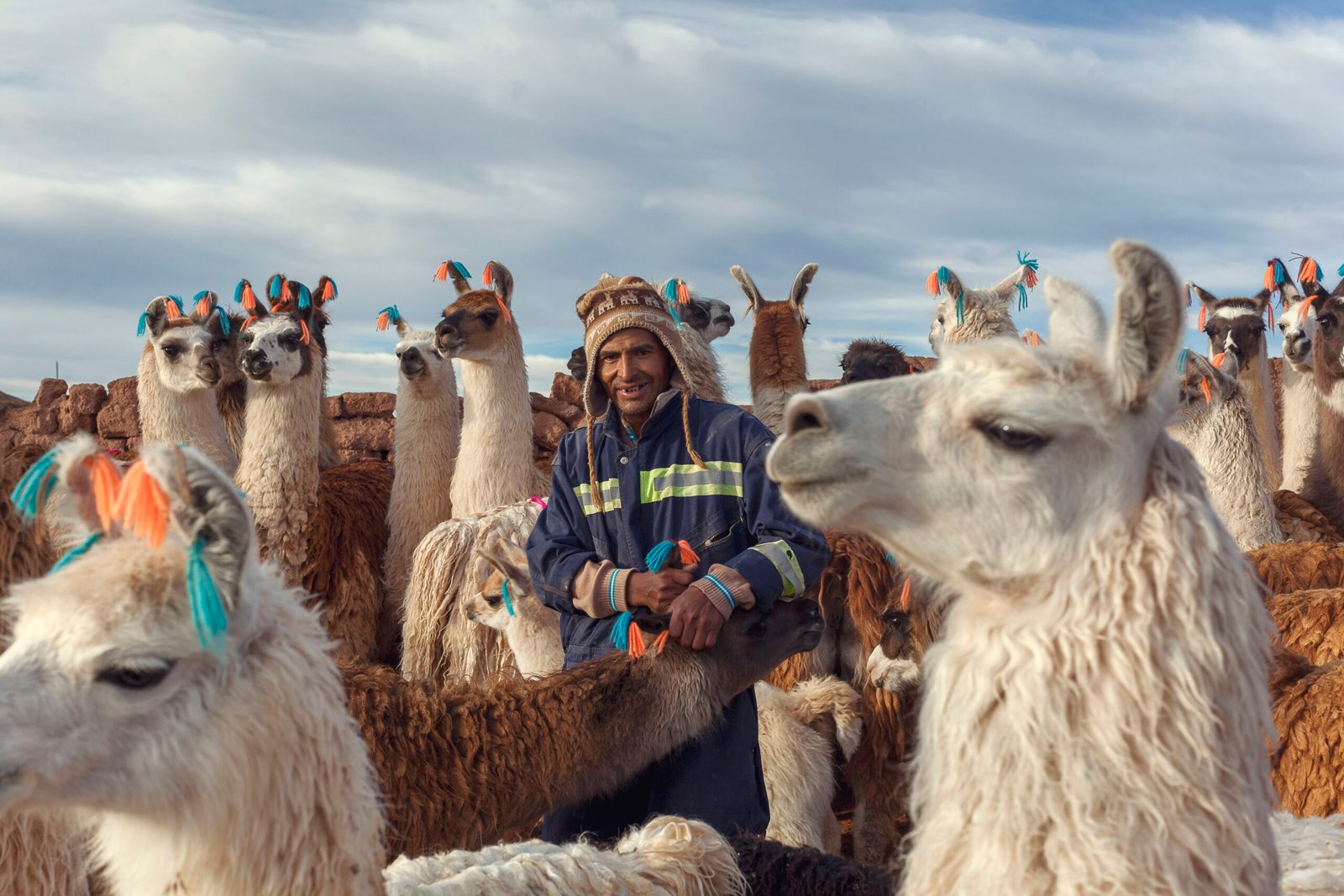Inside BENEO’s new pulse plant: pioneering sustainable protein from faba beans
To recognise and celebrate the vital contributions these animals make to livelihoods, food security and nutrition
The Food and Agriculture Organisation of the United Nations (FAO) officially launched the International Year of Camelids 2024 at its Rome headquarters, to recognise and celebrate the vital contributions these animals make to livelihoods, food security and nutrition.
Camelids, including Bactrian camels, dromedary camels, and wild camels, as well as South American camelids such as domesticated llamas and alpacas, and wild vicuñas and guanacos, play a pivotal role in diverse ecosystems. They are particularly important in desert and mountain regions, where they form an integral part of the livelihoods and traditional practices of indigenous communities.
At the launch event, QU Dongyu, FAO Director-General underscored the cultural and environmental importance of camelids.
“Even in the most extreme climatic conditions, they produce milk, meat, fibre and organic fertiliser, and provide transport, boosting food security, nutrition, and livelihoods while helping to conserve fragile ecosystems. Camelids also build resilience to the impacts of the climate crisis – particularly in mountains and drylands and can contribute to the transformation of agrifood systems,” he said.
“The International Year of Camelids is a great opportunity to highlight and value the economic, social and cultural importance of camelids around the globe – especially highly vulnerable communities.”
Camelids, vital for millions of households in over 90 countries, originated in America 45 million years ago. Serving as working animals, they support Indigenous Peoples and local communities in South America’s Andean highlands, as well as the deserts of Africa and Asia. Bactrian camels and dromedaries, for example, known as “ships of the desert,” are crucial for nomadic life in drylands.
The Year seeks to raise global awareness of the multifaceted role of camelids not only as sources of fibre, milk, and meat but also as resilient and sustainable contributors to local economies. In challenging environments, camelids are indispensable for their ability to endure harsh conditions and provide crucial support to communities.

